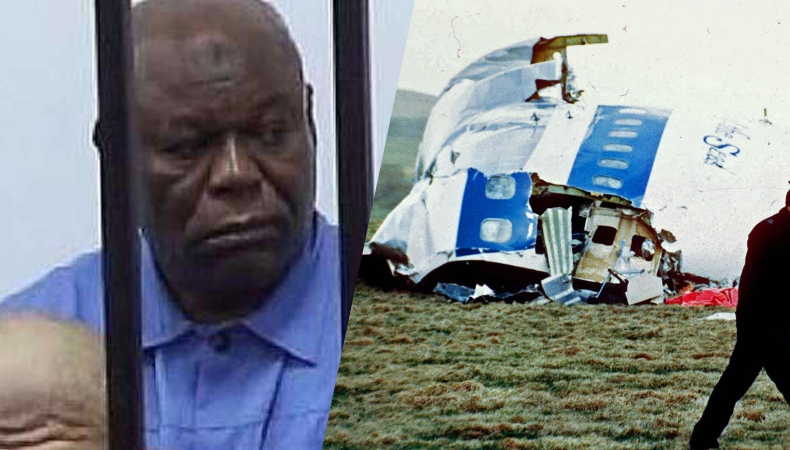Libya PM admits government role in extraditing Lockerbie bomb suspect to U.S

The Prime Minister of Libya, Abdulhamid al-Dbeibah, indirectly admitted on Thursday that his administration was involved in the transfer of a Lockerbie bombing suspect to the United States last week.
In a televised speech, Dbeibah said, “An arrest warrant was issued against the suspect from Interpol. It has become important for us to cooperate in this file for the sake of Libya’s stability.” Reportedly, Dbeibah named the suspect as the bombmaker for the Lockerbie attack.
A former Libyan intelligence officer, identified as Abu Agila Mohammad Mas’ud Kheir Al-Marimi, was accused of making the bomb that destroyed Pan Am Flight 103 over Lockerbie, Scotland, in 1988, killing all onboard. Reportedly, the incident killed 259 people, including 190 American citizens, on the plane and 11 on the ground.
The accused was not formally charged by the US until 2020. However, on Sunday, the US authorities announced that they had arrested the accused. He was charged with an act of international terrorism under US law.
Read | Christmas: Bethlehem welcomes tourists after COVID-19 pandemic lull
Dbeibah did not elaborate on his administration’s role in the accused handover to the US. He said Masud’s extradition was lawful. The US authorities also did not reveal how the accused was taken into their custody.
According to Masud’s family, he was seized from his home by an armed unit linked to Dbeibah’s administration last month. Some people accused Dbeibah of illegally arresting Masud and handing him over to the US authorities because the two countries do not have a formal extradition agreement. Fathi Bashagha, Former Minister of the Interior of Libya, also called Masud’s extradition illegal. He also demanded Masud’s release.
William Barr, the US attorney general, announced the charges against Masud two years ago. Masud appeared in a US court on Monday. Barr alleged that Masud played a key role in the 1988 Lockerbie attack. Reportedly, Masud had confessed his crimes to a Libyan law enforcement official.




